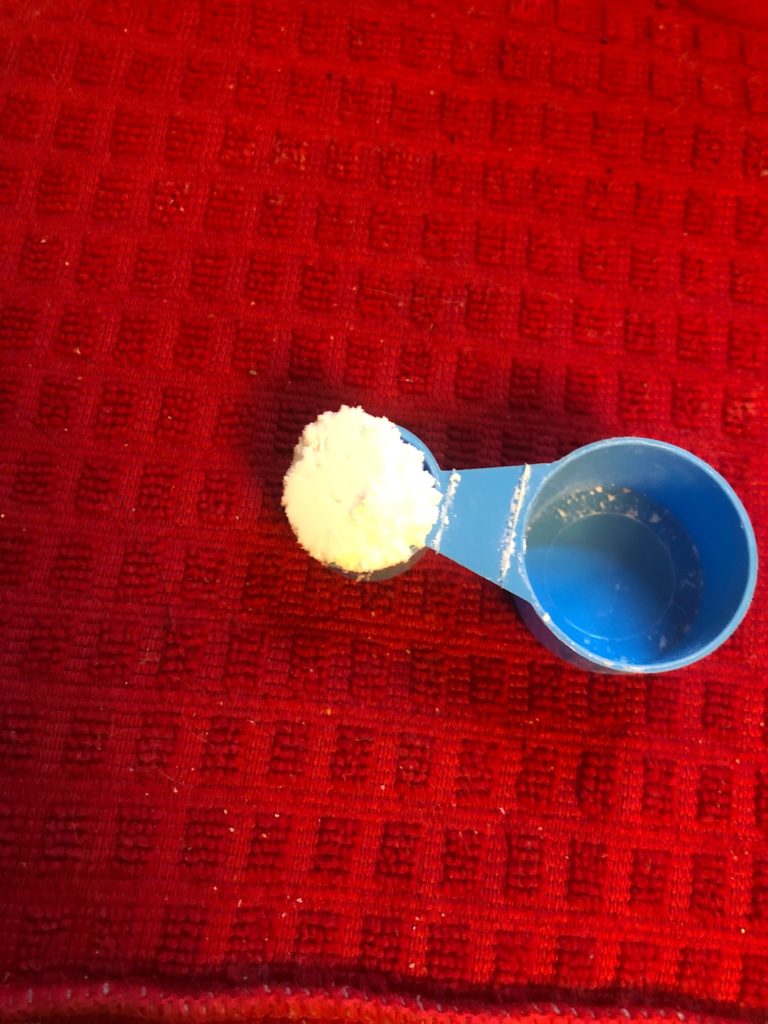
Creatine can also reduce fatigue and tiredness (23). This is because it can improve energy production within cells while also increasing dopamine levels. Dopamine is both a neurotransmitter and a hormone, depending on where it is found in the body. It is used in the brain to send signals from one cell to another. It is associated with motivation as well as motor control and the release of numerous hormones. Regarding creatine’s role in fatigue reduction, one study of fatigue, testing the use of creatine by athletes taking a cycling test in high heat, found that it did reduce fatigue (58;59). Regarding fatigue and the effects of creatine, a study looking at how creatine impacted dizziness on those suffering from traumatic brain injury, found that while 80% of the control group reported fatigue, only 10% of the test (creatine) group did (23). Regarding dizziness, creatine supplements reduced this by 50% (23). A study on sleep deprivation noted that creatine supplements reduced fatigue while increasing energy levels (24). Creatine helps guard against heat related fatigue during exercise as well as lowering the amount of sweat produced and helping the body to better regulate temperature (60). In one study of male athletes, 21 endurance trained volunteer who were not used to training in high heat and who had not taken creatine for 8 weeks prior to the study, were broken into two groups. Before being given creatine or a placebo/sham the athletes trained for seven days to exhaustion (constant load exercise). They were then broken into two groups. The creatine/test group received 5 grams of creating four times a day, plus 35 grams of carbohydrates, for seven days. The other/control group received 40 grams of carbohydrates four times per day or 160 grams in total, for seven days, the time needed to move the creatine into the muscles. After taking the creatine long enough to get into the muscles the tests were performed again. The findings: the creatine/test groups’ time to exhaustion became significantly longer, and their body mass increased, they also experienced a significant change(lowering) in the body temperature of the creatine/test group as well as a significant decrease in the rate of sweat they produces. The finding was that creatine induced an improvement in the water content of the body, called hyperhydration, which resulted in a more efficient thermoregulatory response. This is the body’s ability to maintain a consistent temperature or to regulate its temperature, even when it is different from the environment, and example is sweating in heat.
This information is for educational and entertainment purposes only. Please consult a qualified medical practitioner before making any dietary or lifestyle changes.
The information on this site is for educational and informational purposes only. It is not to take the place of medical advice or treatment. Seek out a qualified health care provider if you have questions or need help. Sharon Grant is not responsible for any possible health consequences of anyone who follows or reads the information in this content. Everyone, but especially those taking medication (over the counter or prescription) should talk with a physician before undertaking any changes to their lifestyle or diet (including taking supplements).